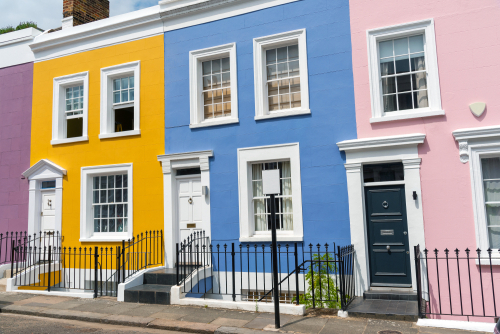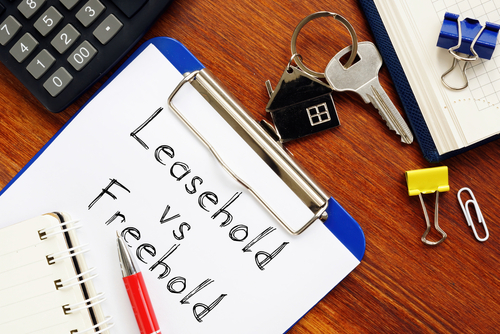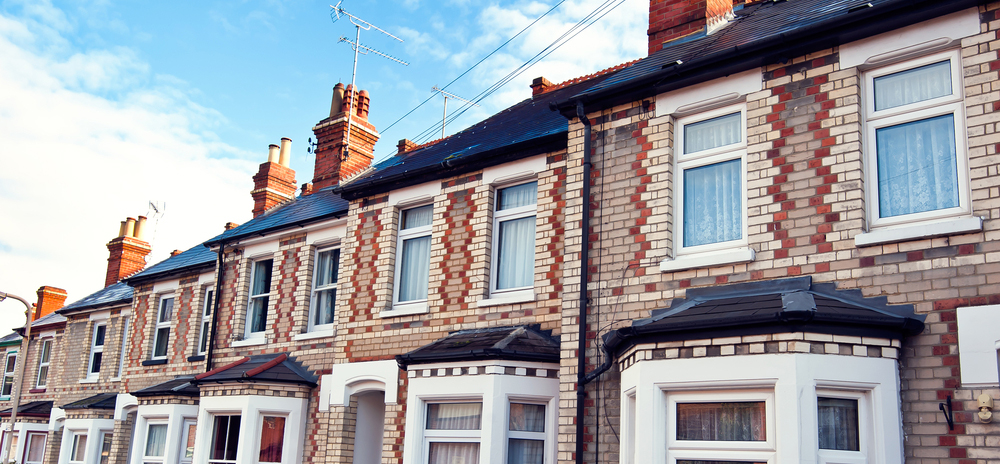In the bustling metropolis of London, the property market is as diverse as its population. When diving into the world of property ownership, two terms frequently pop up: freehold and leasehold.
Both have their advantages and drawbacks, and understanding them is crucial for anyone considering a property investment in the capital.
Let’s delve into the intricacies of both to help you make an informed decision.
The Basics of Freehold

Owning a property as a freeholder means you own the building and the land it stands on outright. It’s yours until you decide to sell it, and there’s no time limit on your ownership.
- Control and Freedom: As a freeholder, you have the autonomy to make decisions about your property without needing to seek permission from anyone else. Want to build an extension, paint your front door, or make other alterations? The choice is yours, subject to planning permissions.
- No Ground Rent or Service Charges: One of the significant advantages of freehold is that you won’t be subject to ground rent or service charges, which can sometimes be the case with leasehold properties.
- Long-term Investment: Freehold properties can often be seen as a more stable long-term investment, as there’s no lease duration to worry about.
The Intricacies of Leasehold

Leasehold, on the other hand, means you own the property, but not the land it stands on, for a set period, typically decades or even centuries. Once the lease expires, ownership can revert back to the freeholder unless the lease is extended.
- Lease Duration: It’s vital to be aware of how many years are left on the lease. Properties with shorter leases can be harder to mortgage and may depreciate in value more quickly. In London, where property prices are premium, this can have significant financial implications.
- Service Charges and Ground Rent: Leaseholders often pay a service charge, which covers the maintenance of communal areas, and a ground rent to the freeholder. These charges can vary and may increase over time, so it’s essential to be clear on these from the outset.
- Lease Extensions: Extending a lease can be costly, especially in prime London locations. However, it’s often essential to maintain the property’s value. In this scenario, consulting a lease extension surveyor, especially in London’s competitive market, can be invaluable.
- Restrictions: Leasehold properties might come with certain conditions, such as not allowing pets or needing permission for major renovations.
London’s Unique Landscape
London’s property market is unique, with a mix of historical buildings, modern developments, and everything in between. In some parts of the city, leasehold properties are more common, especially in central locations with apartment blocks or estates.
Making the Right Choice
Both freehold and leasehold properties have their place in London’s property landscape. Your decision will hinge on your priorities. If you value autonomy and a long-term investment, freehold might be the way to go. However, if you’re looking for a potentially more affordable entry into London’s property market and are prepared for the responsibilities of a leaseholder, then a leasehold property could be a perfect fit.
In conclusion, whether you’re drawn to the allure of a freehold property or see the potential in a leasehold, London offers opportunities for both.
The key is to be informed, seek expert advice when needed, and consider your long-term goals. After all, a home in London isn’t just a property; it’s an investment in a lifestyle and a future in one of the world’s most vibrant cities.





